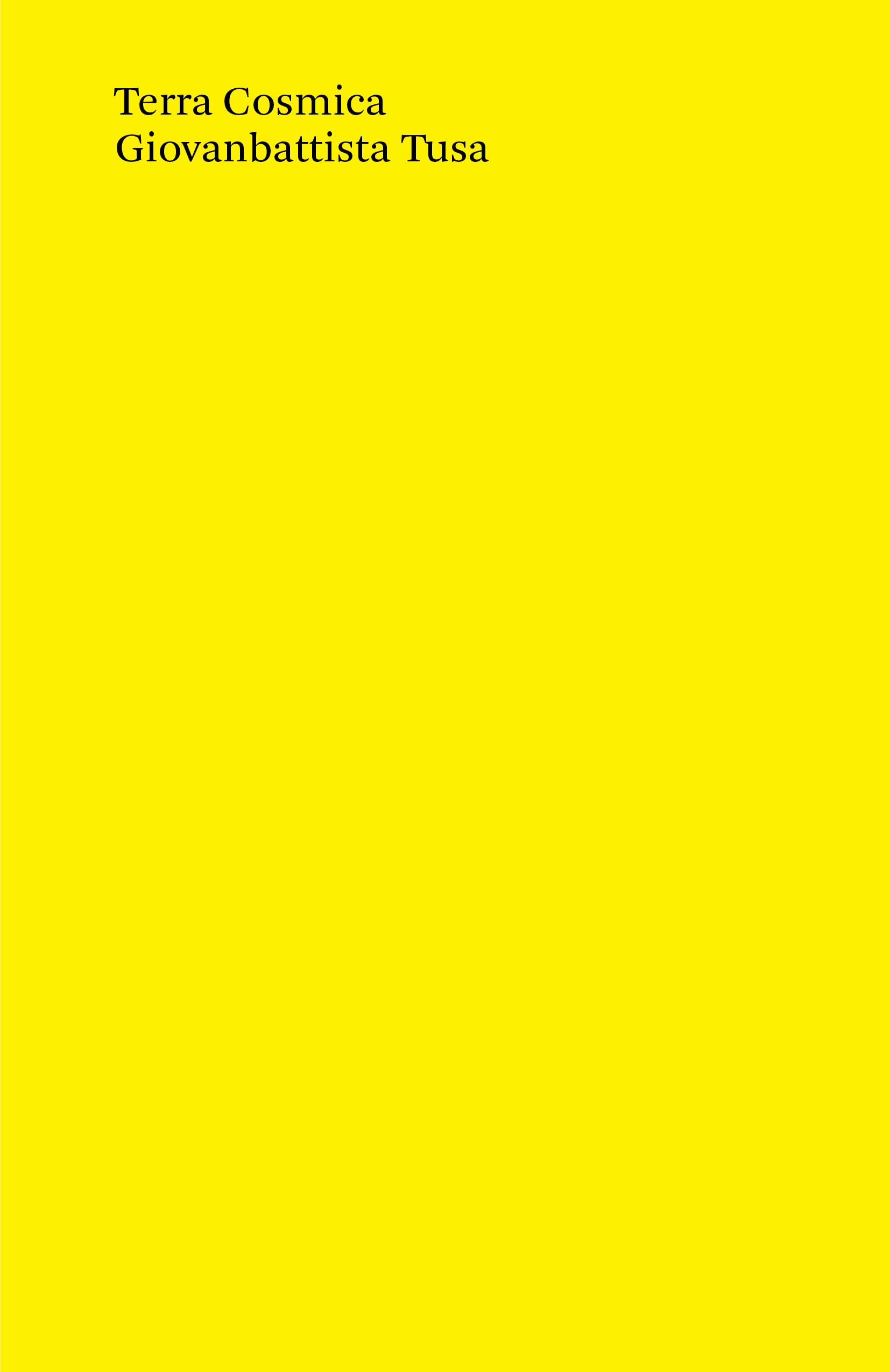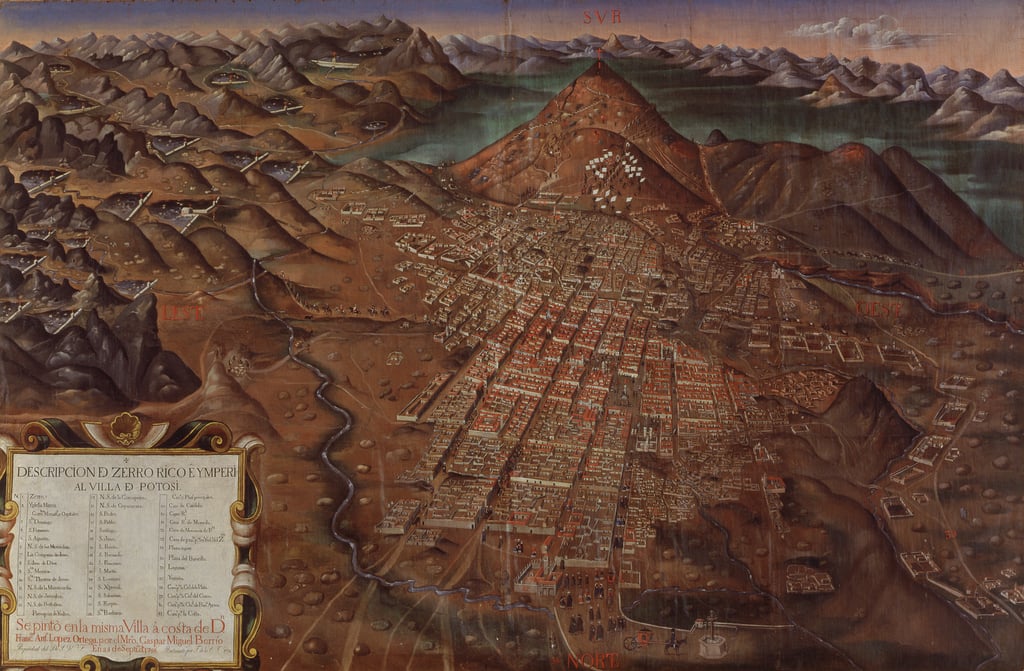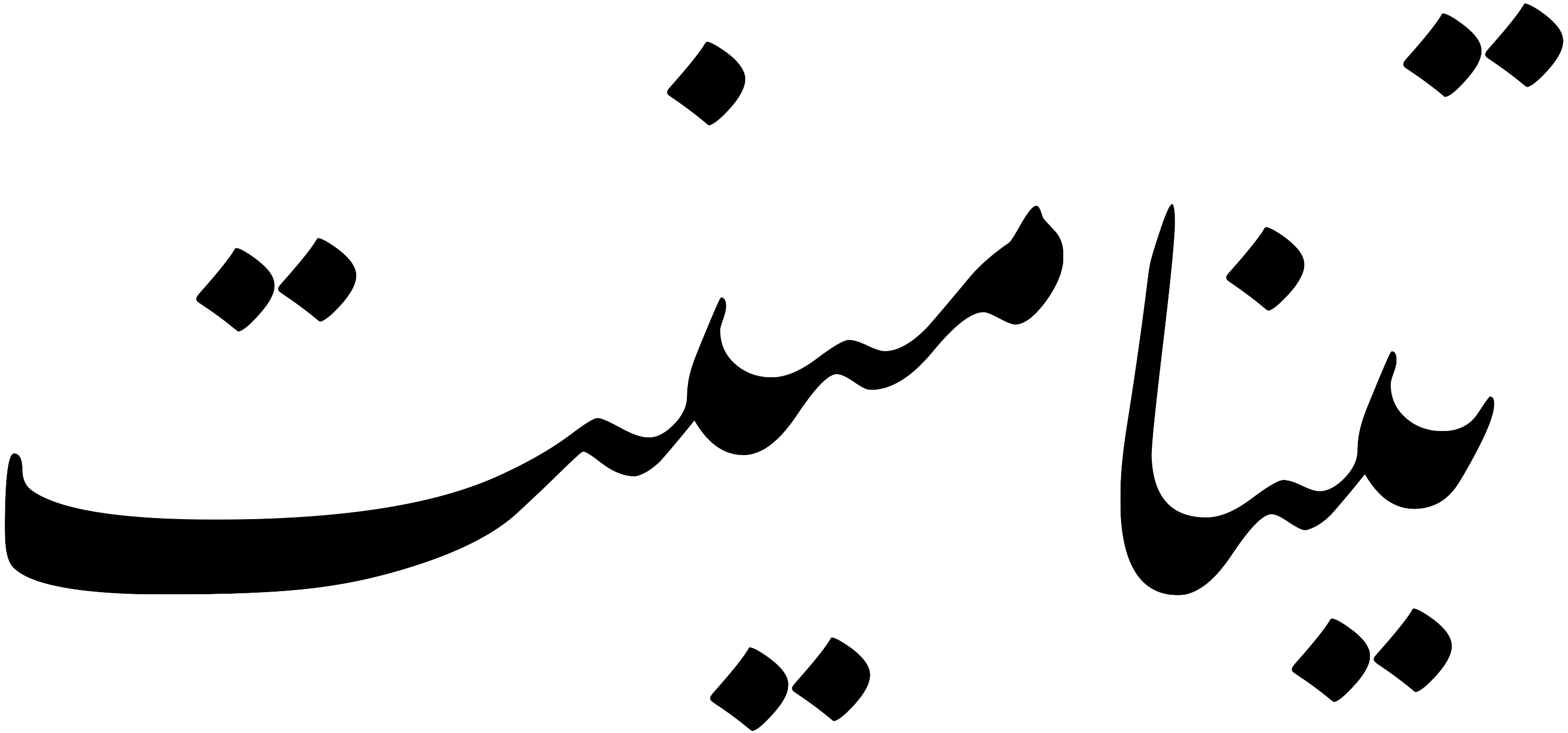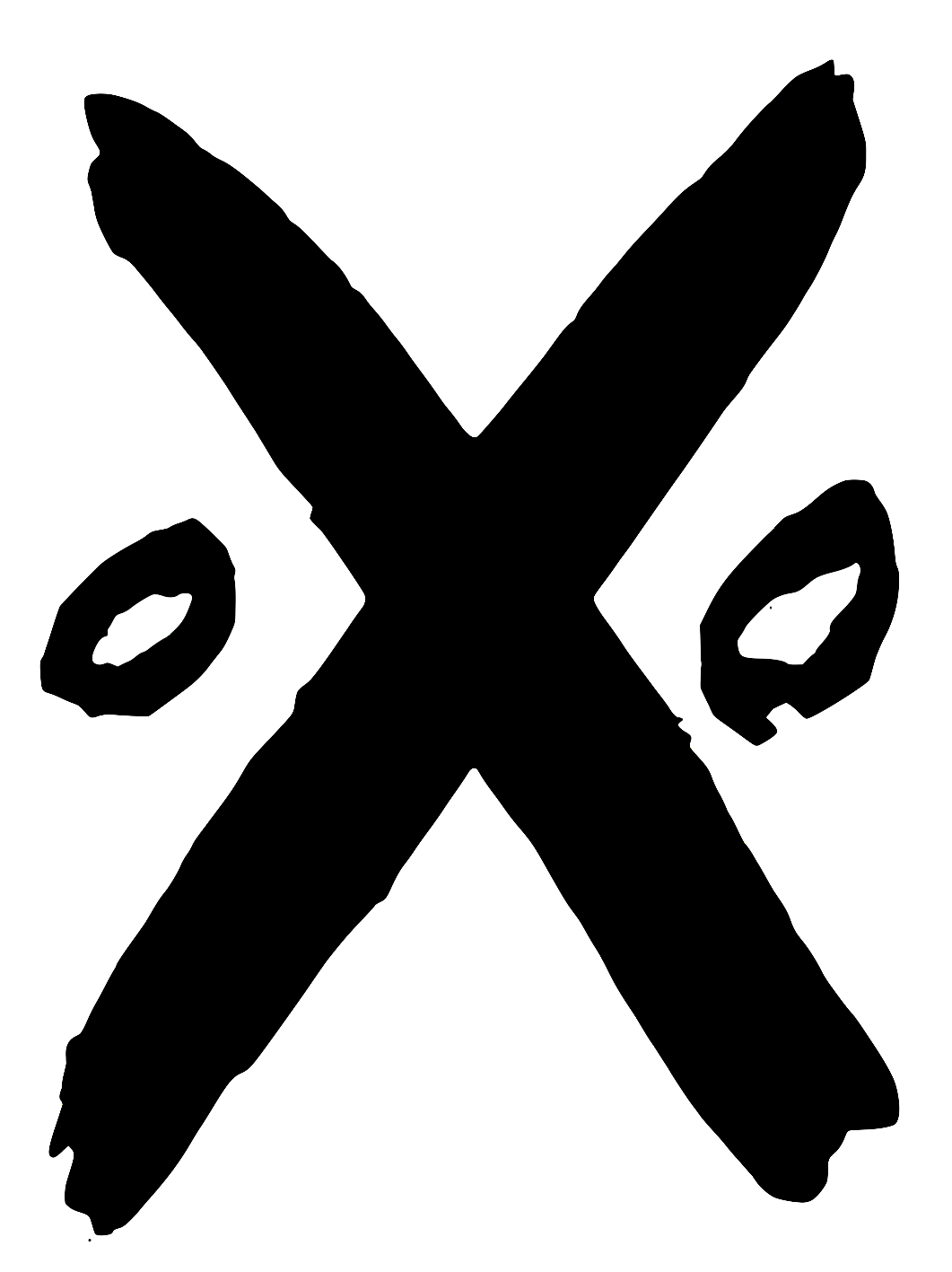

Terra Cosmica / Traces of Georealism
Giovanbattista Tusa
Tenement Press #13
978-1-7393851-9-4
175pp
£17.50
ORDER DIRECT FROM TENEMENT HERE
Published August 23rd 2024
Giovanbattista Tusa
Tenement Press #13
978-1-7393851-9-4
175pp
£17.50
ORDER DIRECT FROM TENEMENT HERE
An ‘end-times’ philosophical enquiry in which
the author argues with stones and geological time
to compose a suite of interlinked fragments. An act
of lapidary; a five-part antagonisation of the elements;
an essay on representation, visualisation and prediction;
an ecologue on ecology.
the author argues with stones and geological time
to compose a suite of interlinked fragments. An act
of lapidary; a five-part antagonisation of the elements;
an essay on representation, visualisation and prediction;
an ecologue on ecology.
(It is almost impossible to see in retrospect
what was not built in perspective.)
Our age is characterised by the increasing humanisation of a planet that is more and more subject to metaphoric representation and visualisation. The memorialisation, anthropomorphism, and narratological charge of time has birthed an intellectual industry in which the summation of history plays out like a hand of cards. A game in which retrospect and hindsight informs our present and sits us ever at the mercy of prediction and chance in a time increasingly defined by catastrophe, and as emergent crises affect every stratum of life and lived experience. We are currently witnessing a mutation of our thinking that disrupts the mythical imaginary that had hitherto confined viruses, climate change and atmospheric turbulence to an unalterable background in the all-too-human narrative of the struggle against nature.
Giovanbattista Tusa’s Terra Cosmica / Traces of Georealism is the result of a series of lectures and essays—a quintet of pieces published over the course of a four-year period—that, woven together into a new collation of interlinked fragments, calls time on time to consider the new form of planetary realism resultant of this restructuring of the imagination. Tusa presents a cosmic remapping of our modes of thinking that assumes that our contemporary moment is absented from its representability, its history of representations, and all means of explanation, thus remaining open to a sense of its own infinity… Open to an encounter with that which remains absent and unknowable, with neither horizon nor memory available as any weathervane for comprehension and action. Tusa’s work is a scrutiny of our exosystemic condition; a suite of exploratory antagonisms on the need for a new philosophical perspectivism of time, of earth, and a new charter for the foundations of thought and thinking.
![]() Giovanbattista Tusa, ‘Terra Cosmica,’ a still from
Giovanbattista Tusa, ‘Terra Cosmica,’ a still from
a geo-existential project for a video installation (circa 2019).
A conceptualisation of ‘Growth’ today is unimaginable if it is not linked to a scenario of scarcity, in contrast to pre-modern theological views that instead assumed the abundance of creation, the original richness of the world. Inspired by this vision of sustainability, ecological thinking today is immediately associated with a language of finitude. Degrowth, self-restraint, responsibility, ecosystem vulnerability ... these are all terms associated with a universalist model of progress that seemed to know no limits, except those that arise from temporary inequalities or unfavourable geopolitical conditions.
In Terra Cosmica, Tusa argues that the world is doomed to its own inevitable end if sustainability is understood from the perspective of an economically sustainable future defined by the limits of capitalist management. If we step out of this impoverished perspective of the concept of limit and the condition of finitude, then we open ourselves to an ecological perspective that understands the world as part of a cosmic diversity that cannot be contained in a more or less extended totality of resources. Tusa’s is a work of mineral anarchy; a study of the vertigo of our present thinking; a reorientation of an effort to explore human duration via myth, legend, and symbol; a consideration of a necessary mutation of perspective in our contemporary moment.
For the attention of ‘brick & mortar’ bookshops,
order copies of Tusa’s Terra Cosmica / Traces of
Georealism via our distributor, Asterism Books.
![]()
what was not built in perspective.)
⁂
Our age is characterised by the increasing humanisation of a planet that is more and more subject to metaphoric representation and visualisation. The memorialisation, anthropomorphism, and narratological charge of time has birthed an intellectual industry in which the summation of history plays out like a hand of cards. A game in which retrospect and hindsight informs our present and sits us ever at the mercy of prediction and chance in a time increasingly defined by catastrophe, and as emergent crises affect every stratum of life and lived experience. We are currently witnessing a mutation of our thinking that disrupts the mythical imaginary that had hitherto confined viruses, climate change and atmospheric turbulence to an unalterable background in the all-too-human narrative of the struggle against nature.
Giovanbattista Tusa’s Terra Cosmica / Traces of Georealism is the result of a series of lectures and essays—a quintet of pieces published over the course of a four-year period—that, woven together into a new collation of interlinked fragments, calls time on time to consider the new form of planetary realism resultant of this restructuring of the imagination. Tusa presents a cosmic remapping of our modes of thinking that assumes that our contemporary moment is absented from its representability, its history of representations, and all means of explanation, thus remaining open to a sense of its own infinity… Open to an encounter with that which remains absent and unknowable, with neither horizon nor memory available as any weathervane for comprehension and action. Tusa’s work is a scrutiny of our exosystemic condition; a suite of exploratory antagonisms on the need for a new philosophical perspectivism of time, of earth, and a new charter for the foundations of thought and thinking.
 Giovanbattista Tusa, ‘Terra Cosmica,’ a still from
Giovanbattista Tusa, ‘Terra Cosmica,’ a still froma geo-existential project for a video installation (circa 2019).
A conceptualisation of ‘Growth’ today is unimaginable if it is not linked to a scenario of scarcity, in contrast to pre-modern theological views that instead assumed the abundance of creation, the original richness of the world. Inspired by this vision of sustainability, ecological thinking today is immediately associated with a language of finitude. Degrowth, self-restraint, responsibility, ecosystem vulnerability ... these are all terms associated with a universalist model of progress that seemed to know no limits, except those that arise from temporary inequalities or unfavourable geopolitical conditions.
In Terra Cosmica, Tusa argues that the world is doomed to its own inevitable end if sustainability is understood from the perspective of an economically sustainable future defined by the limits of capitalist management. If we step out of this impoverished perspective of the concept of limit and the condition of finitude, then we open ourselves to an ecological perspective that understands the world as part of a cosmic diversity that cannot be contained in a more or less extended totality of resources. Tusa’s is a work of mineral anarchy; a study of the vertigo of our present thinking; a reorientation of an effort to explore human duration via myth, legend, and symbol; a consideration of a necessary mutation of perspective in our contemporary moment.
For the attention of ‘brick & mortar’ bookshops,
order copies of Tusa’s Terra Cosmica / Traces of
Georealism via our distributor, Asterism Books.

Gaspar Miguel des Berrío, ‘El Cerro Rico y la Villa Imperial de Potosi’ /
‘Cerro Rico and the Imperial Municipality of Potosi’ (1758)
‘Cerro Rico and the Imperial Municipality of Potosi’ (1758)
Claire Fontaine

The moment the earth was transformed into [an] artefact, nature ended, and ecology began: ‘ecological’ thinking became inescapable as the planet became a work of art. Technology is no longer a system at the disposal of human reason to act on the world because human beings are no longer the subject, but the object of an echo-technical metamorphosis.
From Tusa’s ‘Post-Scriptum’

Lectures & Readings
18:00 / 09.10.24
Tremulations x Terra Cosmica /
Giovanbattista Tusa
Daniel Birnbaum
Jacqui Davies
Swedenborg Hall
Holborn, London
16:00 / 03.10.24
Tenement Press x UAL Libraries
Giovanbattista Tusa
at the High Holborn Library
London
15:00 / 29.06.24
Ecocosmism / The Limits of
an Unsustainable Life
Waseda University
Tokyo, Japan

Above & Below—‘Mundus patet’ / ‘The earth is open,’
mosaic(s), Pompeii.
mosaic(s), Pompeii.


